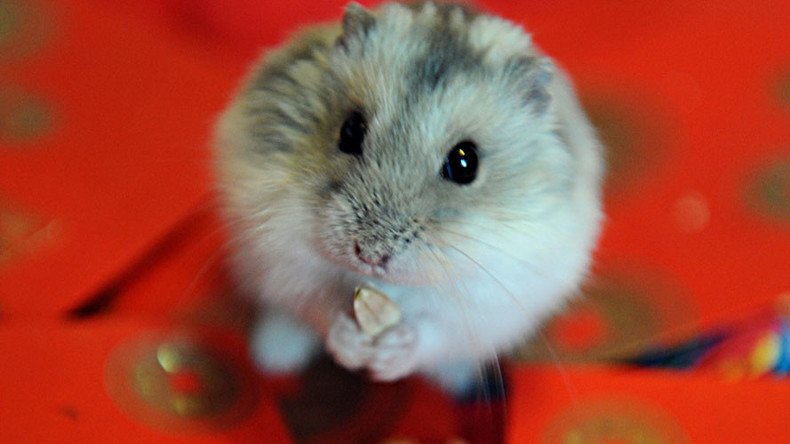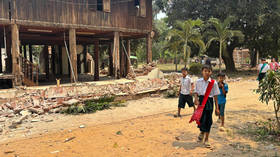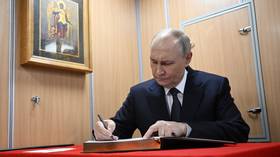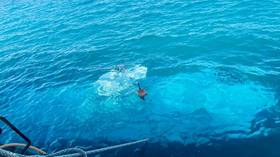Space babies? Mice embryos 'develop completely' in orbit, Chinese study claims

Although pregnant women are given a huge list of things to avoid while expecting, flying to space may be off the blacklist of activities for mothers-to-be. A study by Chinese researchers found that mammalian embryos can “develop completely” in orbit.
Earlier this month, China launched a microgravity satellite called SJ-10 into space. Aboard the satellite were 6,000 mouse embryos in a chamber about the size of a microwave oven, China Daily reported.
The chamber includes the support needed to provide the embryos with nutrients, as well as a microscope system and image sensors to capture photos of the developing embryos every four hours.
‘Other life forms in space!’ 1st flower grown on International Space Station https://t.co/SPS2Q5TskGpic.twitter.com/uaMEeaT016
— RT (@RT_com) January 17, 2016
Some of those images have already been beamed back to Earth, and show that the initial two-cell embryos grew into fully developed blastocysts (the name given to embryos before they implant onto the wall of the uterus) over the course of 80 hours in space.
According to the researchers, this is the first time that mammalian embryos have been shown to develop in space.
Professor Duan Enkui, who led the experiment, said the finding is a significant step towards the possible colonization of space.
“The human race may still have a long way to go before we can colonize space. But before that, we have to figure out whether it is possible for us to survive and reproduce in the outer space environment like we do on Earth,” he told China Daily.
“Now, we finally proved that the most crucial step in our reproduction – the early embryo development – is possible in outer space,” he said.
The embryos, which are contained in a small module of the satellite, will return to Earth in the coming days. They will then be analyzed by researchers in Beijing, who will investigate whether their development was any different in space compared to Earth.













